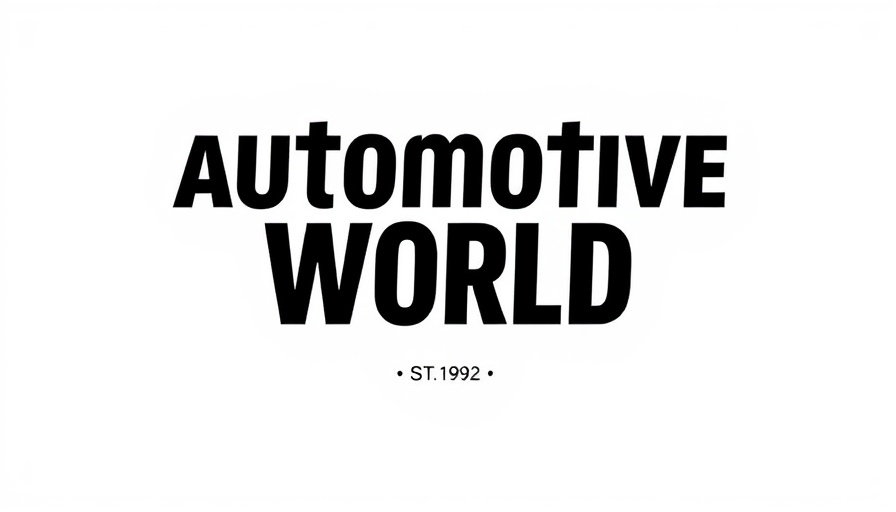
A New Era Begins at Renault Group
In a significant shift within the automotive landscape, Luca de Meo's recent announcement to step down as CEO of Renault Group signals a turning point for the company. After five transformative years, his leadership saw the brand regain its competitive edge and realign itself in an ever-evolving market that increasingly intertwines with technological innovation.
Celebrating Luca de Meo's Impact
During his tenure, Luca de Meo implemented a comprehensive turnaround strategy known as the 'Renaulution.' This initiative revitalized Renault Group's product lineup, improved operational efficiency, and restored the company's position in the global automotive market. His departure, effective July 15, 2025, will leave a lasting legacy, as he highlighted, "I am leaving a transformed company, poised for the future." His commitment to innovation and forward-thinking strategies has positioned Renault favorably as the industry shifts focus toward electric and automated vehicles.
The Transition: What Lies Ahead for Renault
The Board of Directors, led by Chairman Jean-Dominique Senard, expressed confidence in the existing management team to uphold and advance Renault's ambitious transformation plans. Succession plans are already in place, which suggests a stable leadership transition. The anticipation surrounding new leadership raises questions about how the incoming CEO will navigate Renault's future in a landscape dominated by technological advancements.
The Broader Implications for the Automotive Sector
De Meo's departure is symbolic of larger trends in the automotive sector, notably a pivot towards greater integration of AI and digital technologies. As brands push for advancements in AI-driven automotive solutions, including AI website builders for enhancing online customer engagement, this shift emphasizes the importance of staying ahead in digital interfaces. For auto dealer owners and GMs, understanding and incorporating these technologies will be critical in maintaining competitive advantages.
The Importance of Leadership in Times of Change
As the new CEO takes the helm, leadership style will be pivotal in addressing current challenges, such as the shift toward electric vehicles and the evolving consumer preferences. The automotive industry is in a state of rapid transformation, requiring leaders who inspire innovation while maintaining operational integrity. This shift presents not only challenges but also opportunities for growth and adaptation in this fast-paced climate.
Conclusion: A Call to Action for the Automotive Community
As Renault Group embarks on this new chapter, auto dealers and industry stakeholders must remain vigilant in their pursuit of knowledge and best practices. Engaging with training programs, such as automotive classes online, will empower teams to navigate the changing tides of the industry. In this evolving landscape, the ability to adapt to technological advancements—like integrating AI into business practices—will prove essential. Joining networks and learning forums can facilitate this knowledge-sharing process, ensuring that the automotive community remains resilient and forward-thinking.
 Add Row
Add Row  Add
Add 




Write A Comment